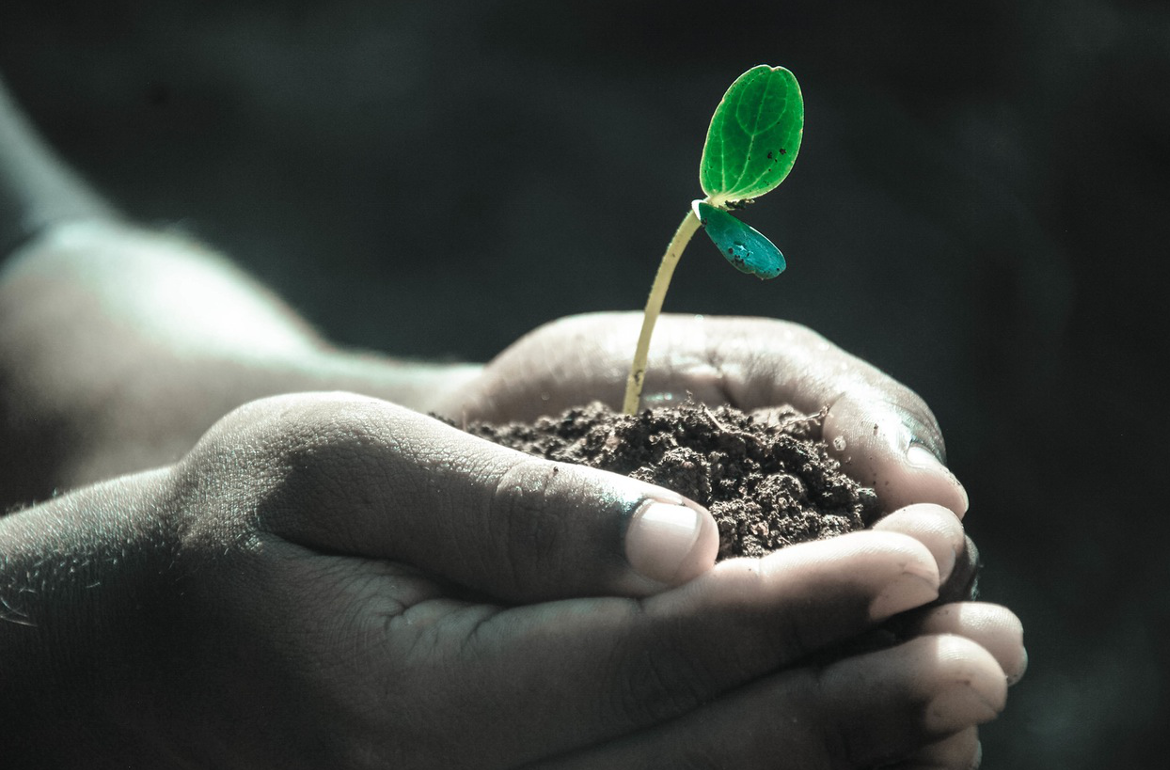Resistance Is Fertile: It’s Time to Prioritize Agroecology
Author: Colin Todhunter | Published on: August 29, 2016
Food is becoming unhealthy and poisoned with chemicals, while diets are becoming less diverse. There is a loss of plant and insect diversity, which threatens food security, soils are being degraded, water tables polluted and depleted and smallholder farmers, so vital to global food production, are being squeezed off their land and out of farming.
Over the last 60 years or so, Washington’s plan has been to restructure indigenous agriculture across the world. And this plan has involved subjugating nations by getting them to rely more on U.S. imports and grow less of their own food. Agriculture and food production and distribution have become globalized and tied to an international system of trade based on export-oriented mono-cropping, commodity production for the international market, indebtedness to international financial institutions (IMF/World Bank) and the need for nations to boost foreign exchange (U.S. dollar) reserves to repay debt.
This has resulted in food surplus and food deficit areas, of which the latter have become dependent on agricultural imports and strings-attached aid. Food deficits in the global South mirror food surpluses in the West.
Whether through IMF-World Bank structural adjustment programs, as occurred in Africa, trade agreements like NAFTA and its impact on Mexico or, more generally, deregulated global trade rules, the outcome has been similar: the devastation of traditional, indigenous agriculture.

